19+ Seedless Vascular Plant
More than 260000 species of tracheophytes represent more than 90 percent of Earths vegetation. Web Identify the adaptations to life on land that appear in seedless vascular plants.

Plant Life Seedless Vascular Plants
Understand the advantages of a vascular system for terrestrial life.

. Web Hank introduces us to one of the most diverse and important families in the tree of life - the vascular plants. Ferns and whisk ferns belong to the division Pterophyta. Web In seedless vascular plants the sporophyte became the dominant phase of the lifecycle.
Understand how homosporous and heterosporous life cycles differ. These three divisions along with the Pterophyta ferns are collectively know as the seedless vascular plants. Web Discuss the importance of adaptations to life on land.
Web Nonvascular plants include mosses liverworts and hornworts. Web In seedless vascular plants the diploid sporophyte is the dominant phase of the life cycle. Web Seedless Vascular Plants Club Mosses.
Identify the classes of seedless tracheophytes. Seedless vascular plants still depend on water during fertilization as the flagellated sperm must swim on a layer of moisture to reach the egg. The vascular plants or tracheophytes are the dominant and most conspicuous group of land plants.
Nevertheless it seems that roots. More than 260000 species of tracheophytes represent more than 90 percent of Earths vegetation. Describe the life cycle of a fern.
More than 260000 species of tracheophytes represent more than 90 percent of Earths vegetation. Mosses grow on tree trunks and horsetails Figure 1 display their. The gametophyte is now less conspicuous but still independent of the sporophyte.
Anchoring the plant to the soil absorbing water and minerals and transporting them upwards and storing the products of photosynthesis. Describe the major classes of seedless vascular plants. Web There are four major evolutionary groups of land plants.
The vascular plants or tracheophytes are the dominant and most conspicuous group of land plants. A third group of plants in the Pterophyta the. Identify the new traits that first appear in seedless vascular plants.
Web Describe the distinguishing traits of the three types of bryophytes. Review What role do leaves play in the. Describe the classes of seedless tracheophytes.
Roots provided seed plants with three major functions. Web The development of an extensive network of roots represented a significant new feature of vascular plants. Ferns and Other Seedless Vascular Plants.
Seedless Vascular Plants Vascular Tissue. Understand the advantages of seeds and pollen for terrestrial life. Modern-day seedless tracheophytes include club mosses horsetails ferns and whisk ferns.
They have developed a vascular structure that permits the transport of water and nutrients but they do not reproduce by seeds. Explain the beneficial roles of seedless vascular plants. Web Identify the classes of seedless tracheophytes.
Bryophytes Seedless Vascular Plants SVPs Gymnosperms and Angiosperms. Support for the Plant. Explain the role of seedless plants in the ecosystem.
Web Describe the lifecycle of a fern Explain the role of seedless vascular plants in the ecosystem The vascular plants or tracheophytes are the dominant and most conspicuous group of land plants. The vascular plants or tracheophytes are the dominant and most conspicuous group of land plants. They are the only plants with a life cycle in which the gametophyte generation is dominant.
Explain the role of seedless vascular plants in the ecosystem. Web 33119 Seedless Vascular Plants The first land plants were probably moss-like 33119 1 Seedless Vascular Plants Further adaptations to land Vascular system allows plants to get tall Origin of leaves megaphylls Lycophytes Ferns Life cycle Homospory and Heterospory Horsetails etc Seed Plants April 1 2019 Carboniferous. Know general features of gymnosperms.
Compare the lifecycle of seedless nonvascular and seedless vascular plants. Explain the role of seedless plants in the ecosystem. Web SEEDLESS VASCULAR PLANTS.
Web Seedless Vascular Plants. In seedless vascular plants such as ferns the sporophyte releases spores from the undersides of leaves. Web Seedless Vascular Plants Ferns etc Further adaptations to land Vascular system allows plants to get tall Forests of the Carboniferous Lycophytes Ferns Horsetails etc Origin of true leaves Life cycle of ferns Homospory and Heterospory March16 2022 Carboniferous Bryophytes eg.
These plants have found tremendous success and the their secret is also their defining trait. Understand the limitations associated with not having a seed. Web Discuss how each trait is important for adaptation to life on land.
Identify the main characteristics of seedless vascular plants. The vascular plants or tracheophytes are the dominant and most conspicuous group of land plants. The club mosses or Lycophyta are the earliest group of seedless vascular plants.
More than 260000 species of tracheophytes represent more than 90 percent of Earths vegetation. The first fossils that show the presence of vascular tissue date to the Silurian. Describe the lifecycle of a fern.
Describe the classes of seedless tracheophytes. An incredible variety of seedless plants populates the terrestrial landscape. The vascular plants or tracheophytes are the dominant and most conspicuous group of land plants.
The spores develop into tiny separate gametophytes from which the next generation of sporophyte plants grows. Web Differentiate between vascular and non-vascular plants. Web Explain the role of seedless vascular plants in the ecosystem The vascular plants or tracheophytes are the dominant and most conspicuous group of land plants.
Ferns and Whisk Ferns. Leaves Sporophylls and. Web Summary In vascular plants the sporophyte generation is dominant.
Explain the role of seedless plants in the ecosystem. Water is still required for fertilization of seedless vascular plants and most favor a moist environment. Describe the life cycle of a fern.
These groupings represent major changes in plant structure and life history characteristics over the course of time that coincide with major changes in the evolution of the Earth as a whole. Seedless vascular plants provide many benefits to life in ecosystems including food and shelter and to humans fuel and medicine. Roots are not well preserved in the fossil record.
More than 260000 species of tracheophytes represent more than 90. The sporophytegeneration is very small and dependent on the gametophyte plant. Explain the role of seedless vascular plants in the ecosystem.
Figure below shows the life cycle of moss. The familiar green photosynthetic moss plants are gametophytes. Conductive tissues that can take food and water from one part of a.
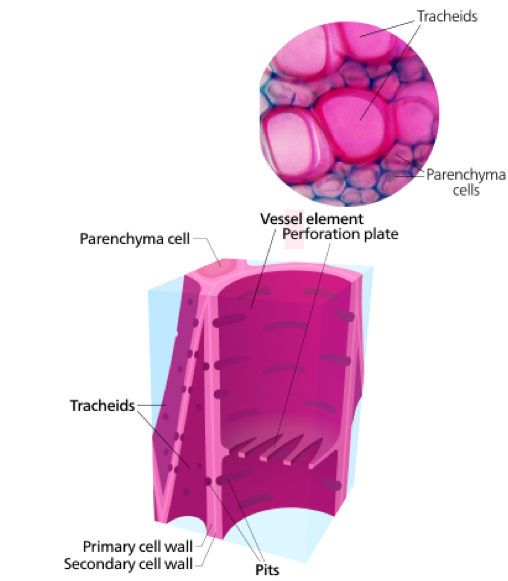
8 4 Seedless Vascular Plants Vcu Biol 152 Introduction To Biological Sciences Ii

Seedless Vascular Plants Flashcards Quizlet

Exam 2 Seedless Vascular Plants And Gymnosperms Flashcards Quizlet
Seedless Vascular Plants Biology Encyclopedia Body Animal Different Organisms Cycle Life Structure Water Produce
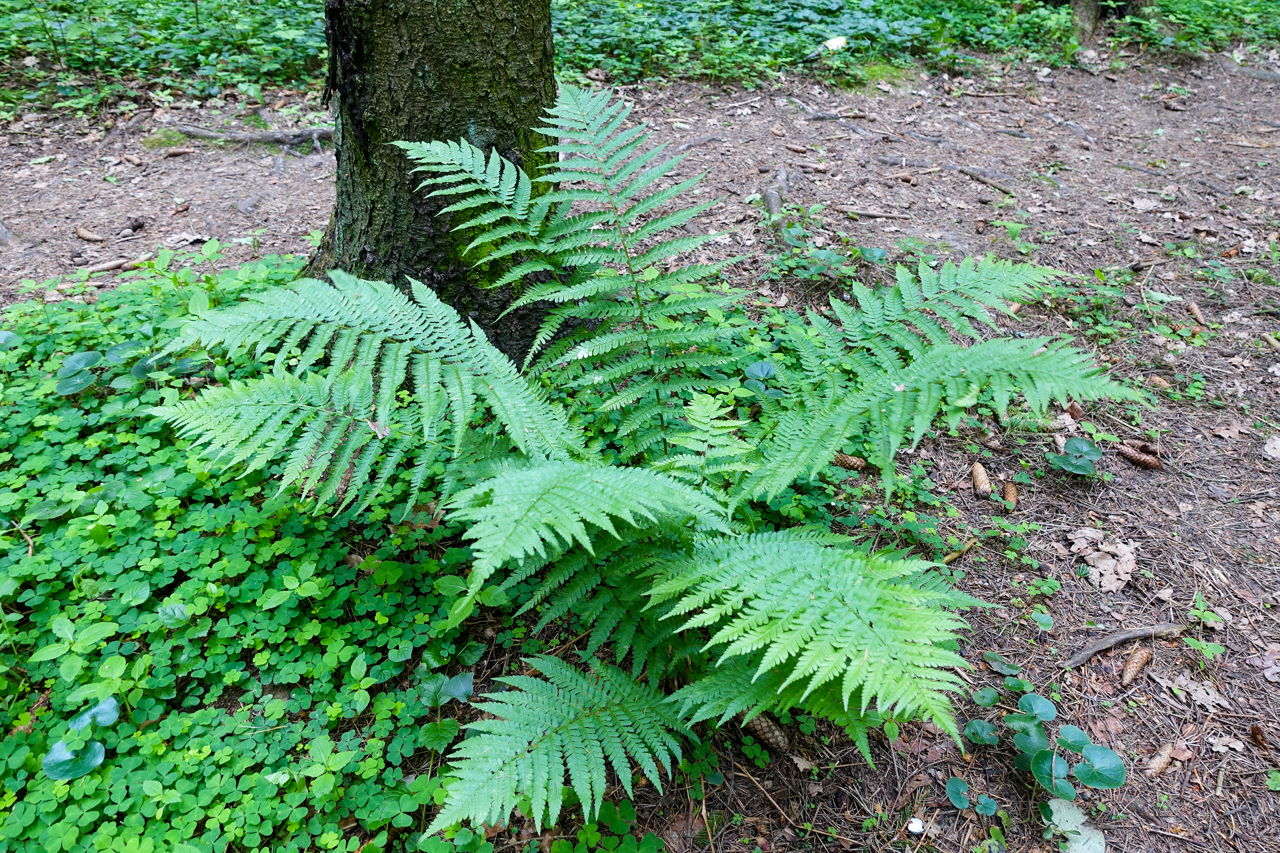
Examples Of Seedless Vascular Plants And Their Characteristics Biology Wise
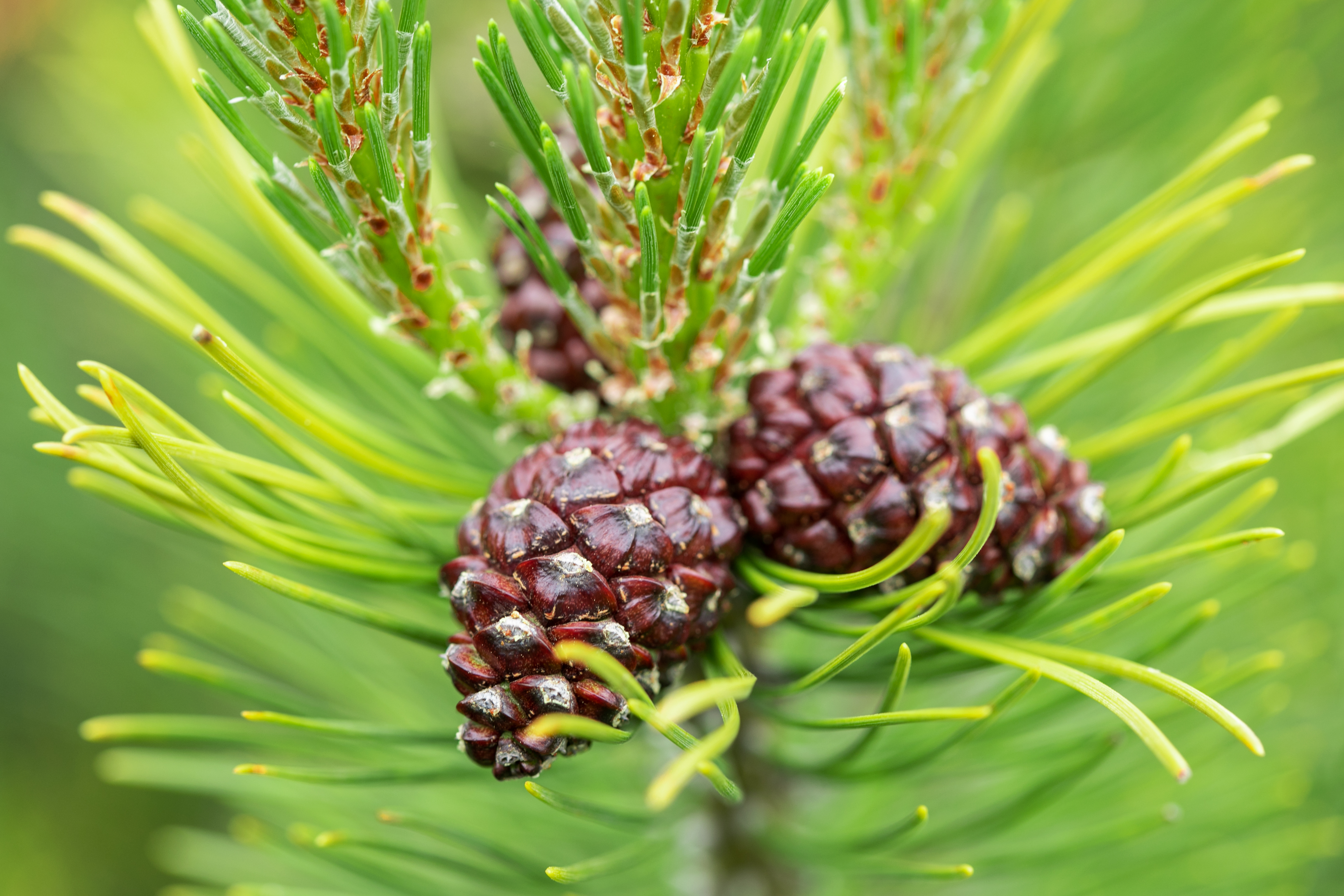
List Of Seedless Vascular Plants Sciencing

Life Cycle Of Seedless Vascular Plants Ck 12 Foundation
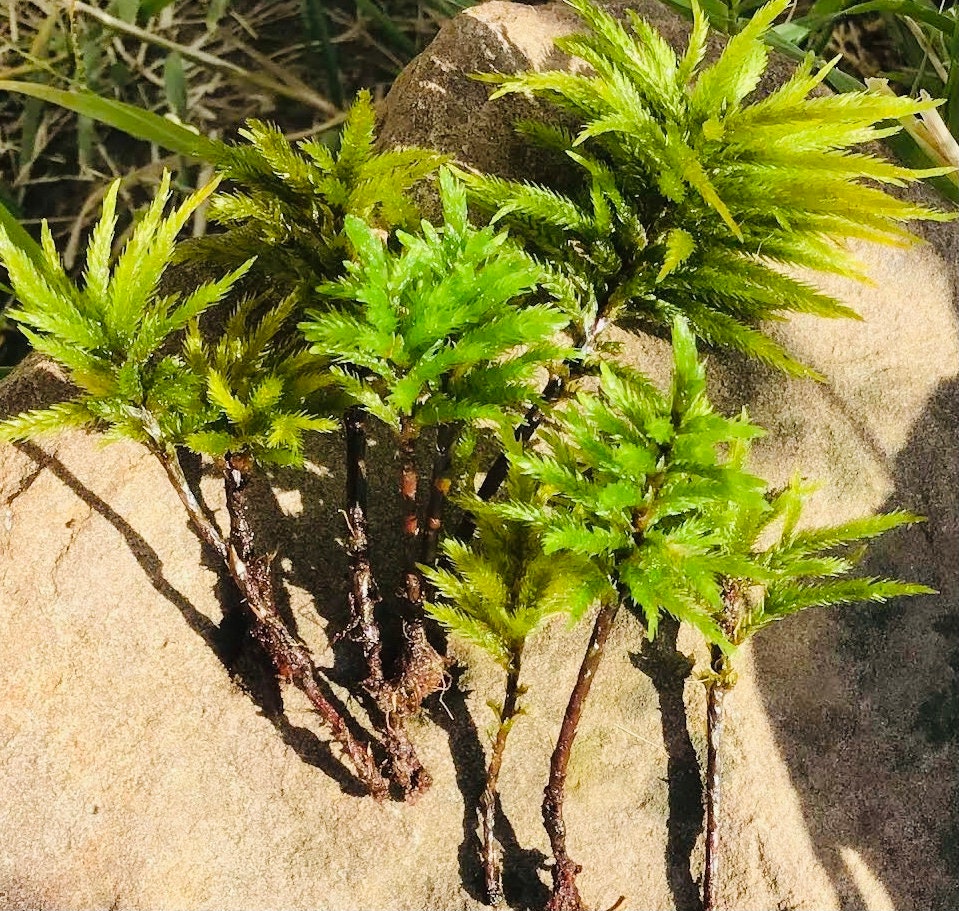
19 Live Mini Treelike Moss Plus Samples Fresh Healthy Etsy Osterreich
List Of Seedless Vascular Plants Sciencing
Seedless Vascular Plants Biology 2e
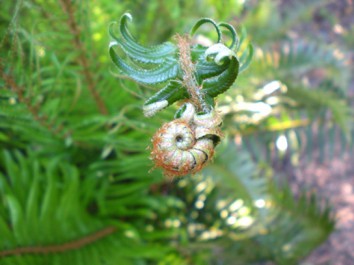
Seedless Vascular Plants Openstax Biology Course Hero
Seedless Vascular Plants Biology 2e
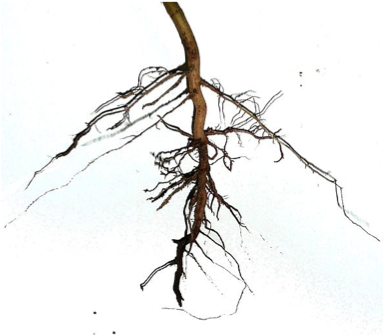
8 4 Seedless Vascular Plants Vcu Biol 152 Introduction To Biological Sciences Ii

Nonvascular Plants Seedless Vascular Plants Gymnosperms Flashcards Quizlet

The Major Divisions Of Land Plants Seedless Plants
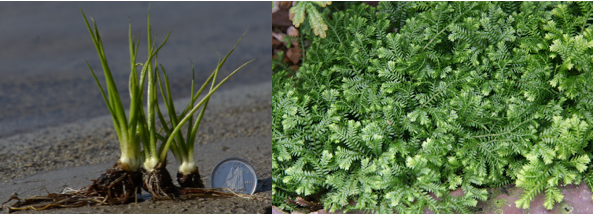
8 4 Seedless Vascular Plants Vcu Biol 152 Introduction To Biological Sciences Ii
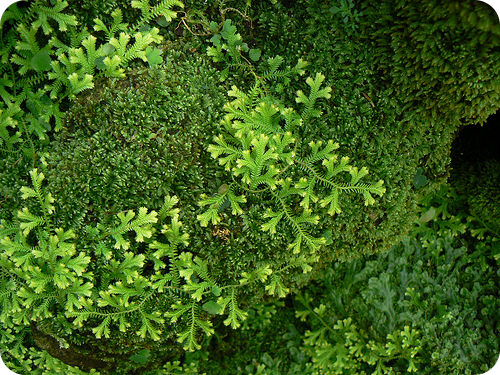
Vascular Plants Ck 12 Foundation